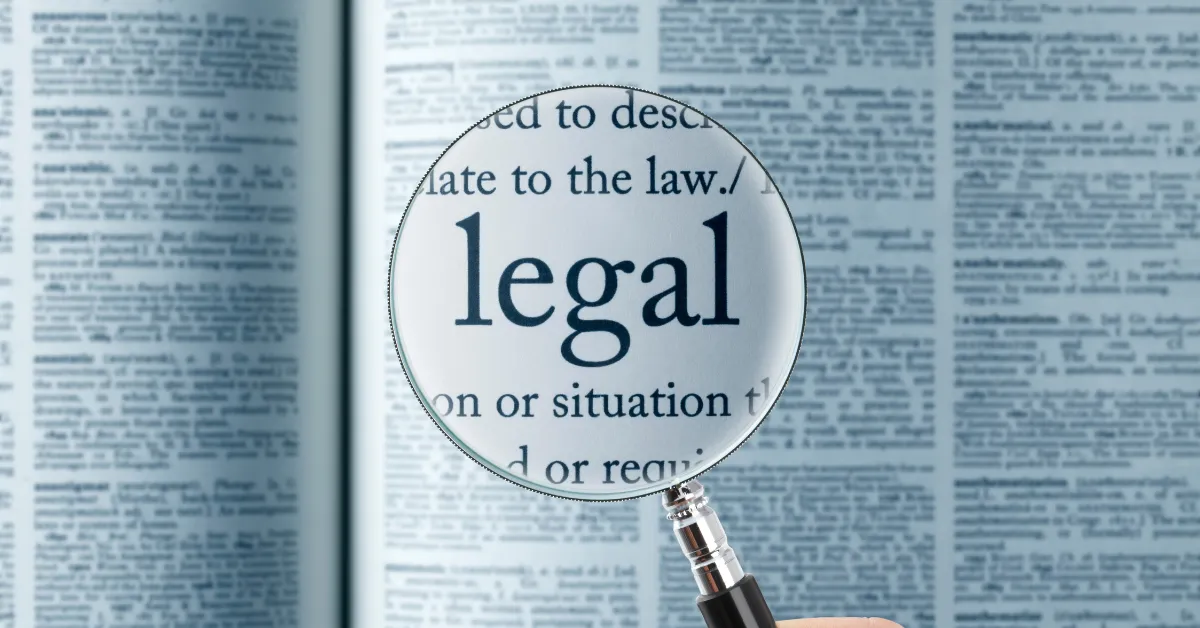In Utah, landlords typically pay realtor fees for rentals. These fees compensate agents for finding and placing tenants in rental properties.
Navigating the rental market in Utah can pose challenges for both property owners and potential tenants. A clear understanding of who handles realtor fees can simplify the renting process.
For property owners, employing an agent alleviates the burden of marketing and screening, while tenants benefit from professional assistance without the worry of extra costs.
With the competitive nature of the real estate market, especially in areas like Salt Lake City, the convenience of using a realtor is clear.
Moreover, real estate professionals are well-versed in Utah’s rental regulations, ensuring compliance and a smoother transaction for all involved parties.

Real Estate Rental Market In Utah
The Real Estate Rental Market in Utah is a dynamic landscape. It is shaped by diverse factors such as local economy, demographic shifts, and housing trends.
Tenants and landlords alike navigate this terrain with different expectations, especially in terms of costs associated with realtor involvement.
Current Trends In Utah Rentals
Utah’s rental market is experiencing growth. This growth is due to various economic and social factors:
- Increased demand for housing from a growing population.
- More people looking for flexibility and less commitment than homeownership.
- The rise of telecommuting resulting in shifts in desirable locations.
These trends impact rental prices and the services that property managers and realtors offer.
Understanding The Role Of Realtors
Realtors play a vital role in the Utah rental market. They help to:
- Connect landlords with potential tenants.
- Facilitate negotiations and ensure legal compliance.
- Offer valuable market insights for both parties.
Realtor fees in the rental process are typically covered by landlords. They view this as an investment in securing reliable tenants. Tenants benefit by gaining access to professional assistance without the extra cost.
Basics Of Realtor Fees For Rentals
Understanding who pays realtor fees when renting properties in Utah is crucial. These fees can greatly influence both landlords and tenants. Let’s unpack how these fees work in Utah’s rental market.
Typical Fee Structures
In Utah, realtor fees for rentals vary. Landlords and tenants need to know what to expect.
- Flat fees: A set amount regardless of the rent price.
- Percentage of rent: Often one month’s rent or a portion of it.
- Tenant placement fees: Charged to landlords for finding a tenant.
Factors Influencing Realtor Charges
Several elements determine the realtor fees for rentals.
| Factor | Impact |
|---|---|
| Property Location | Fees might be higher in sought-after areas. |
| Rental Price | Higher rents could mean higher fees. |
| Economic Conditions | Affects the supply-demand balance of rentals. |
| Realtor Expertise | Experienced realtors might charge more. |
Both landlords and renters benefit from knowing these factors. They prepare you for realtor fee negotiations. Always clarify fees upfront to avoid surprises.
Tenant’s Responsibility For Realtor Fees
When renting a home in Utah, tenants might wonder about realtor fees. Who pays these fees? In some cases, the tenant holds this responsibility.
Circumstances Leading To Tenant Payment
In Utah’s rental market, specific situations require tenants to pay realtor fees. Let’s explore:
- High-demand areas: In places where rentals are scarce, landlords might request that tenants cover the fees.
- Short-term leases: If you need a place for a few months, you may have to pay the realtor.
- Specialized properties: Seeking a unique home could mean extra costs on your end.
How Tenants Can Negotiate Fees
Even if the initial agreement states that the tenant pays the realtor fees, there’s room to negotiate. Here’s how:
- Start the discussion early. Talk to your landlord or realtor as soon as possible.
- Show your value. A good rental history can give you leverage in negotiations.
- Consider a longer lease. Landlords may waive fees for a stable, long-term tenant.
- Split the cost. Propose sharing the fee with the landlord to reduce your burden.
Savings are possible with the right approach and negotiation skills.
Landlord’s Obligation To Cover Costs
In Utah, landlords commonly bear the cost of realtor fees for rentals. This practice streamlines the process for both tenants and landlords.
Landlords cover these costs upfront, but they often recoup the investment in various ways.
Benefits For Landlords Paying Realtor Fees
Faster Occupancy: Landlords who pay realtor fees often benefit from quicker tenant placement. Realtors are motivated to find renters fast.
Quality Tenants: A realtor’s expertise leads to better tenant screening. This means reliable renters for landlords.
Professional Networking: Payment of fees fosters strong relationships with realtors which can serve landlords well in the long-term.
Impact On Rental Pricing Strategies
The decision to cover realtor fees can influence rental pricing. Landlords might adjust rent to offset these costs.
Tenants often favor rentals without added fees, making properties more attractive in competitive markets.
| Strategy | Description | Impact |
|---|---|---|
| Cost Absorption | Landlords absorb the fees, keeping the rent stable. | Tenant attraction remains high due to no extra fees. |
| Cost Distribution | Spread the fee over the lease term in the rent. | Makes initial move-in cost lower for tenants. |
| One-Time Fee | Add a one-time fee to the rental agreement. | Recovers costs faster but may deter potential tenants. |
Legal Framework Governing Realtor Fees

Understanding how realtor fees work in Utah is key when dealing with rentals. In the Beehive State, specific laws outline who pays what.
This legal framework ensures clarity between landlords, tenants, and realtors.
Utah’s Real Estate Commission Guidelines
Utah’s Division of Real Estate sets rules for realtor compensation. Guidelines state that fees for rental transactions need clear agreement.
- Commissions are negotiable between the realtor and their client.
- Written contracts must outline who pays the realtor fees.
- Disclosures ensure all parties are aware before entering an agreement.
Tenant And Landlord Rights In Utah
Rights for tenants and landlords exist to prevent disputes. Utah law provides outlines for these rights concerning realtor fees.
| Tenant Rights | Landlord Rights |
|---|---|
| Tenants may negotiate realtor fees. | Landlords can choose to handle rentals directly. |
| They should be informed about all fees upfront. | Landlords have the right to include realtor fees in the lease agreement. |
| No surprise fees are allowed after signing a lease. | They must disclose if they pass fees to tenants. |
Both parties must sign any agreement regarding realtor fees, ensuring a transparent and fair process.
Alternative Solutions And Negotiating Tactics
Searching for rentals can often mean facing realtor fees. Yet, tenants have other paths. Alternative solutions and negotiating tactics can help ease or even bypass these costs. Understanding and utilizing these methods is vital for any renter in Utah.
Finding Rentals Without Realtor Involvement
Renters can dodge realtor fees by looking for properties without a realtor’s help. Online platforms offer a plethora of listings.
Social media and local community boards can be treasure troves of rental opportunities. Local newspapers might seem traditional, yet they are useful resources for private listings.
- Check listings on websites like Craigslist or Zillow.
- Explore local Facebook groups for housing.
- Visit neighborhood forums or bulletin boards.
Leveraging Competition To Reduce Fees
In competitive markets, renters hold power. Landlords are keen to fill vacancies swiftly, sometimes willing to negotiate on fees.
Never hesitate to ask if the landlord can cover the realtor fee. Provide reasons such as a strong rental history or readiness to sign a longer lease. These can sway landlords to absorb the cost. Demonstrating awareness of comparable rental prices strengthens negotiation.
| Tactic | How It Helps |
|---|---|
| Market Research | Shows your knowledge of what’s fair. |
| Highlight Reliability | Convinces landlords you’re a low-risk tenant. |
| Length of Lease | Longer leases might lead to discounts. |
Frequently Asked Questions Of Who Pays Realtor Fees For Rentals In Utah?
Does The Seller Pay Realtor Fees In Utah?
In Utah, typically the seller pays for the real estate agent’s commission, which is often split between the buyer’s and seller’s agents.
How Is An Agent’s Commission Typically Paid In A Residential Rental Transaction?
An agent’s commission for a residential rental is typically paid by the landlord and is often a percentage of the annual rent.
What Does The Average Realtor Make In Utah?
The average realtor in Utah makes around $62,050 per year according to the current statistics. This figure can vary based on experience, location, and market activity.
How Much Are Seller Closing Costs In Utah?
Seller closing costs in Utah typically range from 6% to 7% of the home sale price. This includes agent commissions and other fees.
Conclusion
Understanding who covers realtor fees in Utah rentals simplifies your housing journey. Landlords typically shoulder these costs.
Renters gain clarity and confidence from this knowledge. Always verify fees before signing a lease to avoid surprises. Start your rental search with financial transparency and peace of mind.
Reference:
https://realestate.utah.gov/wp-content/uploads/2023/03/real-estate-fee-schedule.pdf
